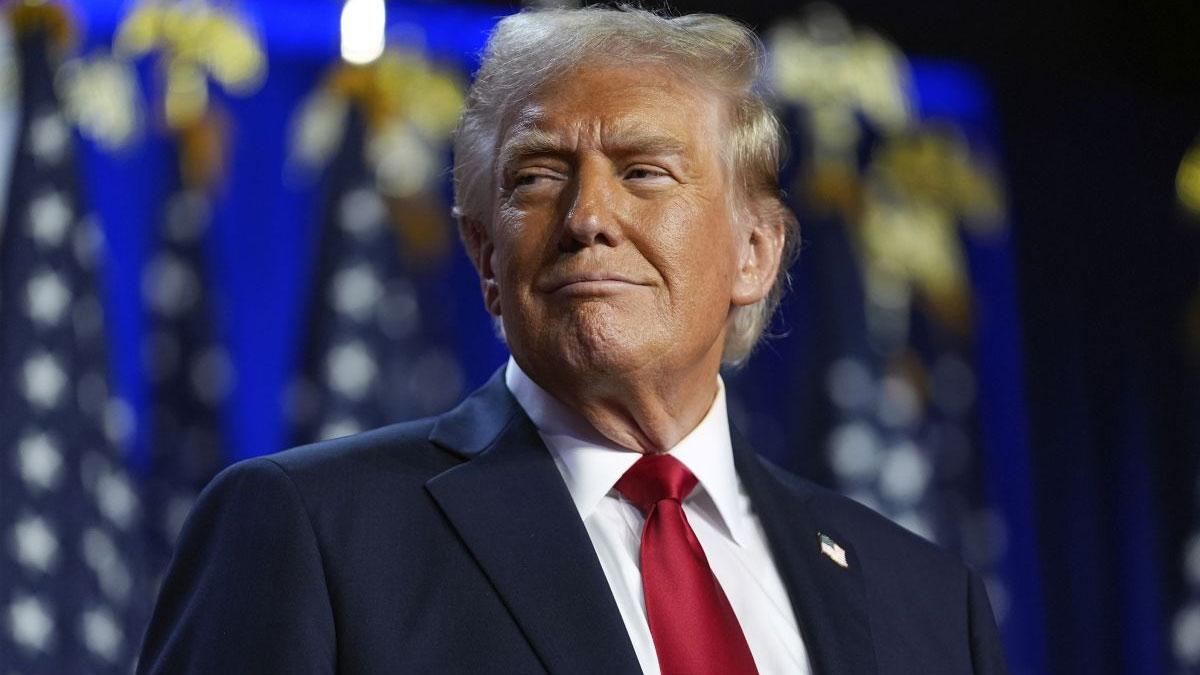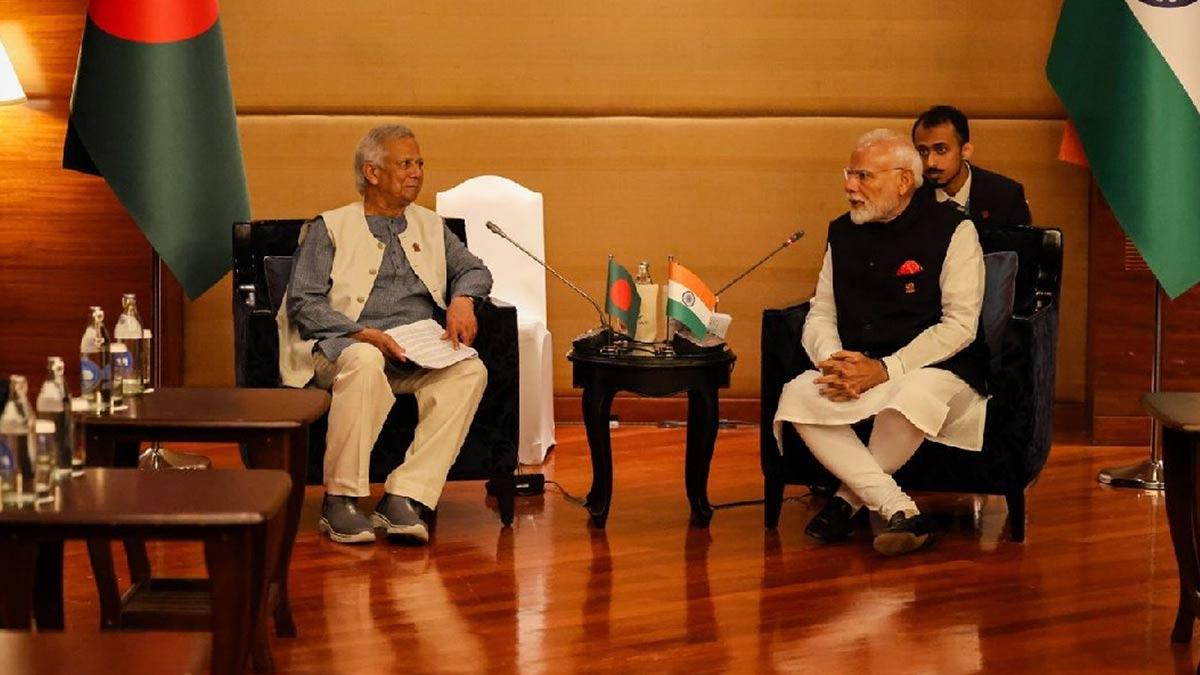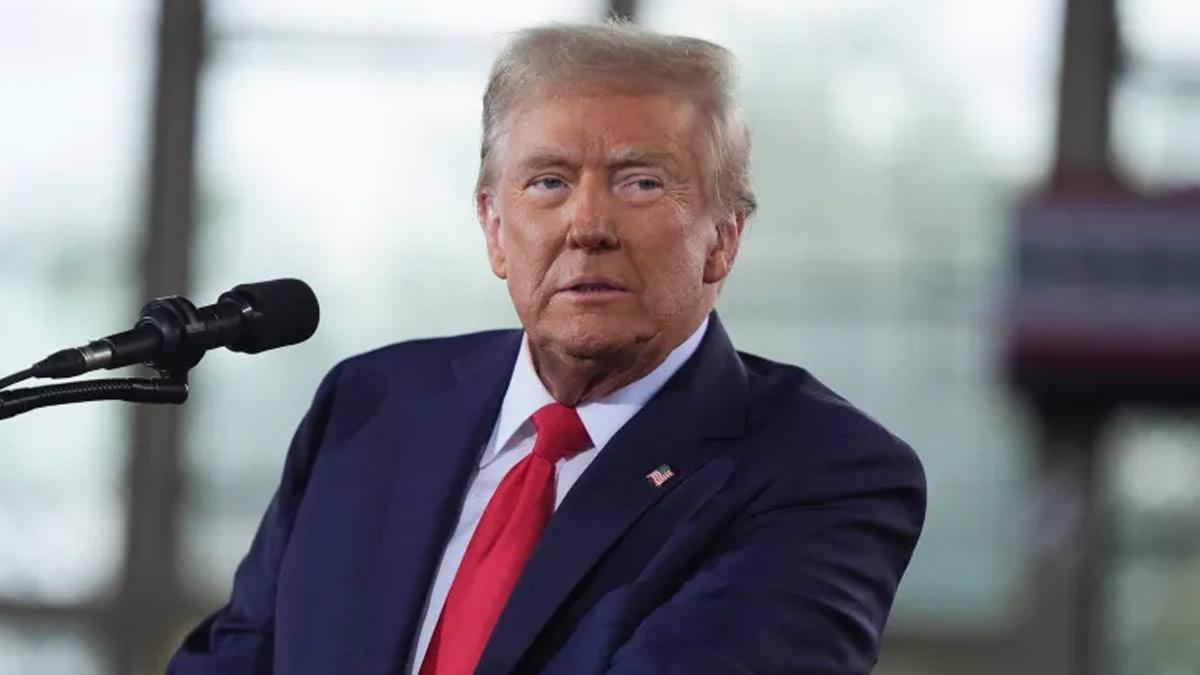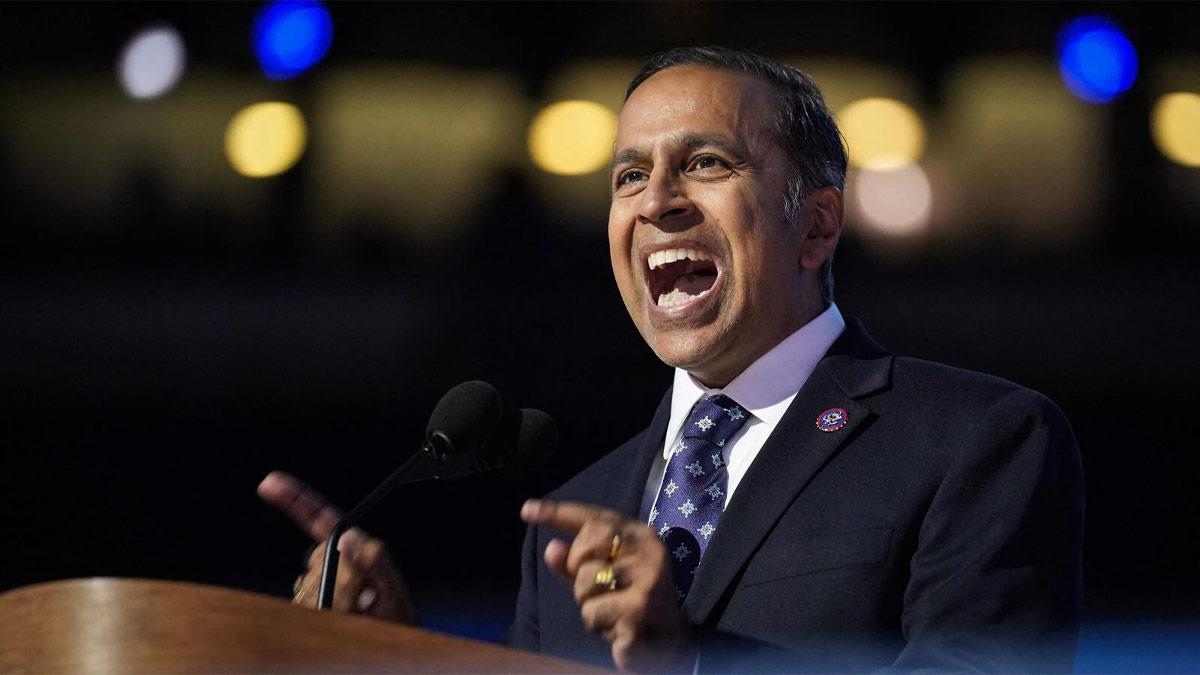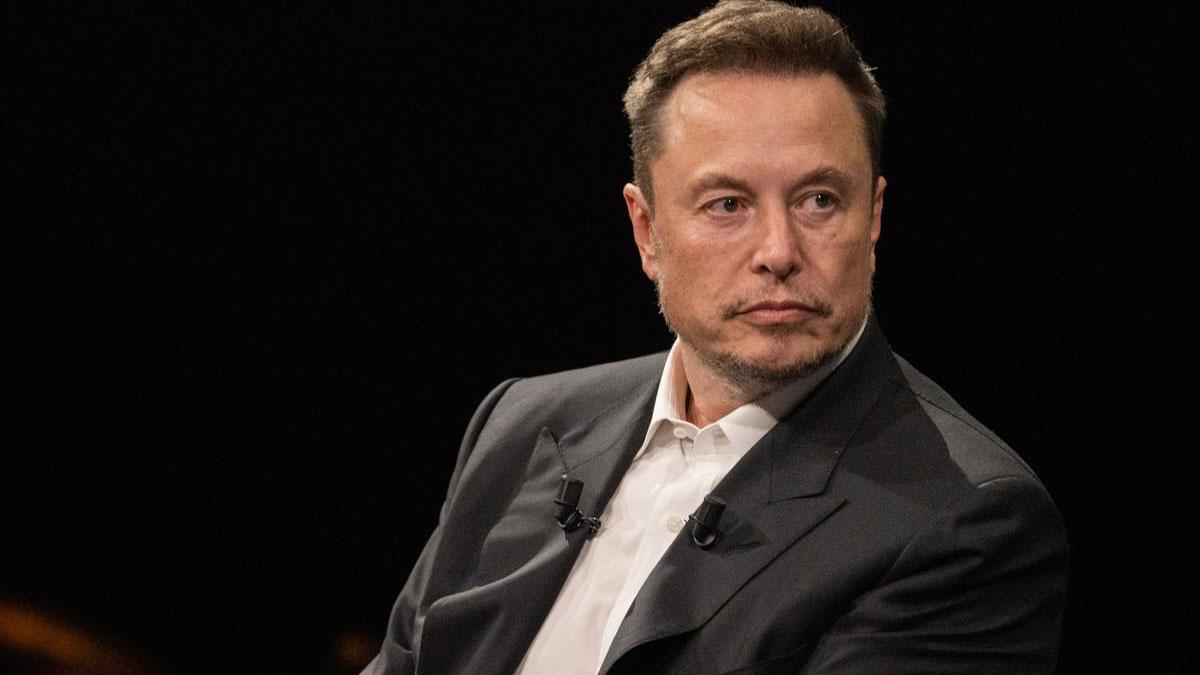American President Donald Trump has given a harsh warning to Iran, promising possible military strikes and economic sanctions if the nation fails to make a nuclear agreement with Washington.
During a phone conversation with NBC News on Sunday, Trump asserted, "If they don't make a deal, there will be bombing." His statement comes following Iran's recent rejection of direct talks with the U.S.
Trump, in his initial public remarks since Tehran's rebuff, suggested that back-channel talks between U.S. and Iranian officials were continuing but offered no specifics. He threatened, "It will be bombing the likes of which they have never seen before."
Iranian President Masoud Pezeshkian reiterated Tehran's position on Sunday, dismissing any direct negotiations over its nuclear program. His remarks were the nation's first official reaction to a letter Trump had allegedly sent to Iran's Supreme Leader, Ayatollah Ali Khamenei, calling for a new nuclear deal.
Besides military threats, Trump threatened to reimpose economic pressure measures, as he did in his first term.
There's a chance that if they don't make a deal, I will do secondary tariffs on them like I did four years ago," Trump said to Meet the Press host Kristen Welker.
Iranian Foreign Minister Seyed Abbas Araghchi said Tehran responded to Trump's letter through Oman, continuing its long-standing policy of not engaging in direct negotiations under Washington's "maximum pressure campaign" and military threats. Pezeshkian reaffirmed this stance over the weekend.
On NBC, Trump also mentioned the imposition of secondary tariffs—a type of economic pressure against buyers of the exports of a country—against Iran and Russia. Last week, he had signed an executive order allowing the imposition of tariffs on buyers of Venezuelan oil.
Trump's hawkish policy toward Iran is in line with his policy in his first term (2017–2021), when he withdrew the U.S. unilaterally from the 2015 nuclear agreement reached between Tehran and world powers. The deal had placed strict limits on Iran's nuclear program in return for sanctions relief. After the U.S. withdrawal, Washington reimposed sweeping sanctions, which led Tehran to dramatically expand its uranium enrichment program beyond the accord's limits.
In spite of Trump's threats of military intervention or fresh sanctions, Iran has indicated no willingness to yield to American pressure.
Western countries continue to voice fears that Iran's nuclear activities are intended to build weapons capability, citing its stepped-up enrichment of uranium above civilian energy needs. Tehran insists, however, that its nuclear program is exclusively for peaceful energy generation.
Read also| Trade Issues with India Will 'Work Out Very Well,' Says Trump

